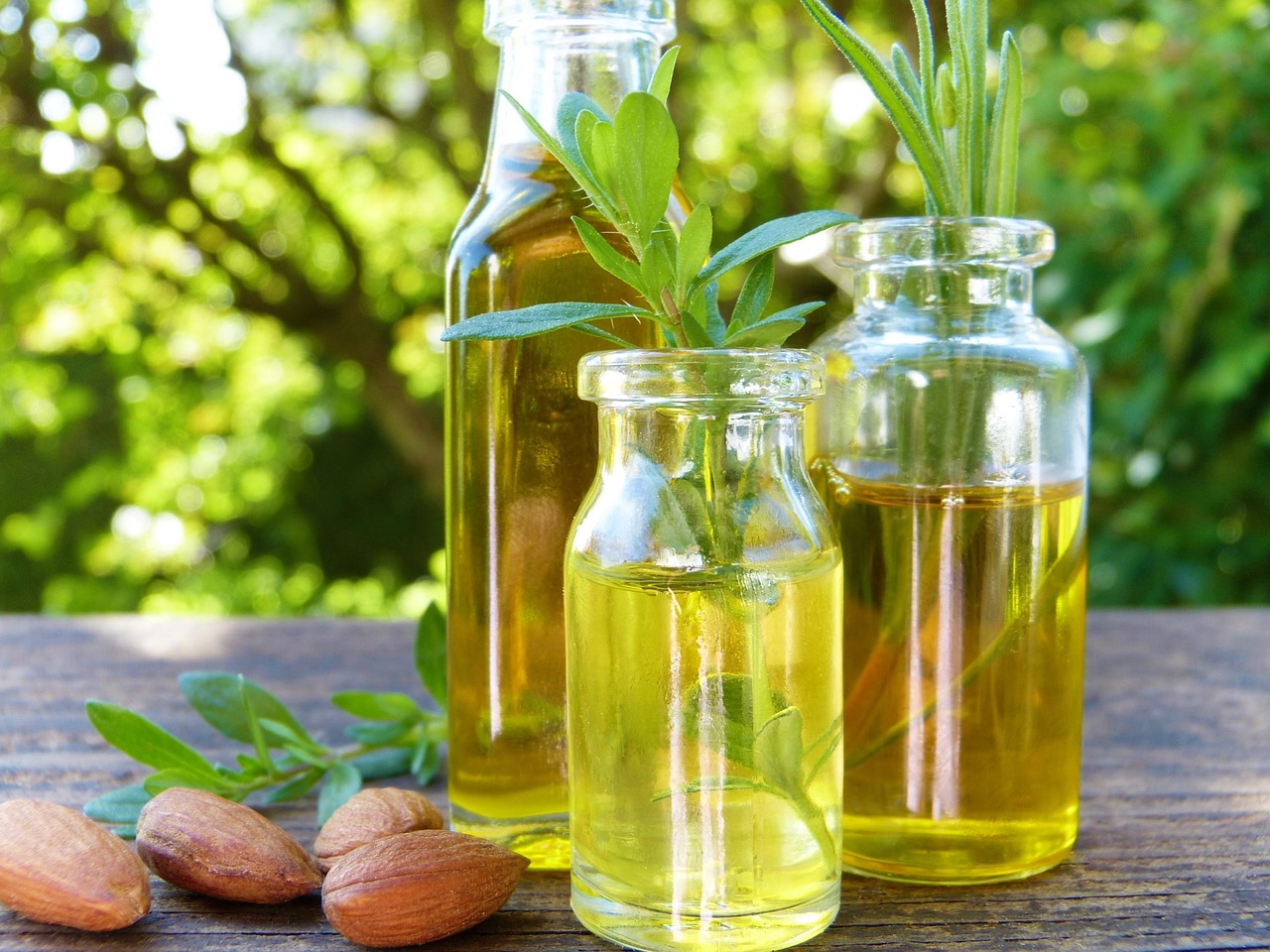All Vegetable Oils are harmful to our health
The statement "All vegetable oils are harmful" is a sweeping generalization circulating in health and nutrition discussions. However, the reality is far more complex and nuanced. To understand the impact of vegetable oils on health, it's essential to delve into the scientific evidence and consider the diversity of oils available. Vegetable oils are extracted from various plants and seeds and have become a staple in many diets worldwide. Their consumption has increased significantly over the past century, especially with the advent of processed foods. Typical vegetable oils include soybean, canola, corn, and sunflower oils.
The health implications of consuming vegetable oils are debated among health professionals. Most mainstream health experts consider them a healthy source of fat, mainly due to their content of polyunsaturated fats, which have been linked to a reduced risk of heart problems when compared to saturated fats. However, concerns have been raised about the potential health issues associated with their consumption, especially when considering the fatty acids, they contain, their source, and how they are processed.
Concerns around the omega-6 fatty acid content
One of the primary concerns revolves around the omega-6 fatty acid content in some vegetable oils. While omega-6 fats are essential for the body, an imbalance in the consumption of omega-6 and omega-3 fatty acids may lead to inflammation and other health issues. It's important to note that not all vegetable oils are high in omega-6.
Processing method
The processing method can also significantly affect the health effects of vegetable oils. Highly refined oils, which undergo processes involving chemical solvents, bleaching, and high heat, may lose nutritional value and potentially form harmful compounds. Health-conscious consumers often prefer oils produced by crushing or pressing plants or seeds, which are less processed and retain more of their natural properties.
Context in which these oils are consumed
Moreover, the context in which these oils are consumed is crucial. Many seed oils are found in ultra-processed foods, which can contribute to inflammation and diseases. The Cleveland Clinic points out that the danger often lies not in the seed oils themselves but in their use in processed packaged foods, fast foods, and eating out.
I have read many articles from mainstream nutrition organizations, and they recommend we use these oils because, according to them, unsaturated fats are much healthier than saturated fats. OK, let’s agree that if that is true, then all oils must be healthy.
Maybe the widespread misunderstanding of all oils is fueled by lazy journalism. It is possible that lazy journalists and maybe misinformed journalists are the most significant sources of misinformation about food for the average American. – via The 8 Least Healthy Vegetable Oils, According To An MD
Why do so many individuals perceive vegetable oils as being healthy? Maybe it is because they have the word “vegetable” in them, and that makes them feel healthy. If vegetables are good for you to eat, it follows that the oil of vegetables must be good also. The mainstream media has a lot to do with this perception. – via Are Vegetable Oils Really Healthier for Your Heart?
However, many studies have now demonstrated and support the facts that these oils can cause serious harm to your health. Olive oil is an example; it is nothing but liquid fat, but you read about it all the time as being a healthy oil, and we should use it in almost everything.
Dr. Esselstyn presents the case that all oils are bad for your health
Conclusions
To sum up, the claim that all vegetable oils are detrimental is a simplification. The impact of vegetable oils on health varies based on factors such as the oil type, fatty acid profile, processing techniques, and overall diet. Health experts advise a balanced diet that includes a range of minimally processed oils and fats, particularly those rich in omega-3 fatty acids. Moderation and diversity in dietary choices are essential for a nutritious diet.
Take a way
Dr. Esselstyn's video on the consumption of no oils presents a compelling argument for a plant-based diet without added oils to maintain health. Based on my research, I concur that oils may not be beneficial for health. I adhere to Dr. Esselstyn's guidance and strive to exclude all oils from my diet.
Science confirms that a diet rich in whole, plant-based foods can help you live fully and still get adequate protein. A growing number of physicians advocate an entirely plant-based diet for many of their patients who suffer from diabetes, heart disease, and cancer. Check out these great sources:
Plant-Based Nutrition, 2E (Idiot’s Guides),
Did you enjoy reading this post?
I trust you found this post enjoyable. If so, feel free to use the buttons below to share it with family and friends who might find the information beneficial.
Express your opinion
What do you think, agree with me, or disagree? Even if you don’t agree, I would love to read your comments. If I can answer any questions or if you have an opinion that you would like to express, please let me know your thoughts by leaving a comment below.



0 comments